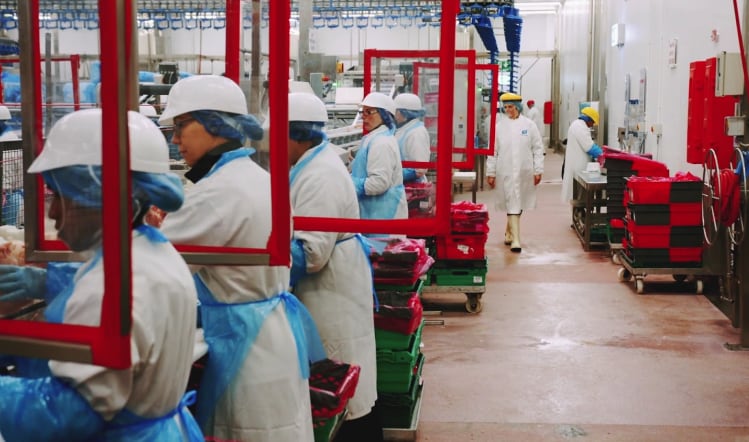It pointed out that domestic washing machines are inadequate in terms of the controls needed to keep to the manufacturer’s requirements for maintaining the PPE.
Alan Murray, chief executive of the British Safety Industry Federation, said: “PPE is the last line of defence for a worker’s safety and health. It must be maintained and cared for in line with manufacturer’s instructions to ensure that the garments retain their protective properties.
Inadequate
“The systems, engineering capabilities and quality assurance protocols within a specialist laundry are set up to do that, domestic laundering will not provide these controls.
“Furthermore, environmental considerations should be a high priority. Specialist laundries are required to have controls in place to ensure that the effluent from cleaning processes does not pollute the environment.”
While the proper cleaning of PPE presents its own issues, the TSA warned that disposable equivalents did not provide a sustainable answer to the problem.
Reuse, recycle
While reusable garments can be washed and reused multiple times – and possibly recycled at the end of its life – single use PPE becomes waste that can sometimes even need specialist disposal.
“What’s important is that the PPE is cared for properly and that this care is logged for traceability and to manage its quality throughout its life,” said Shyju Skariah, technical services manager at the TSA.
“Employers need to carefully consider how they can ensure that their workforce’s protective equipment is competently maintained, to the manufacturer’s specification. We need to ensure people using PPE are safe – the UK’s workforce deserve to be protected.”
Meanwhile, Avara Foods spent £6m on COVID-19-related measures in the year to 31 May 2020 and the investment was rewarded with an uplift in sales and pre-tax profit.




